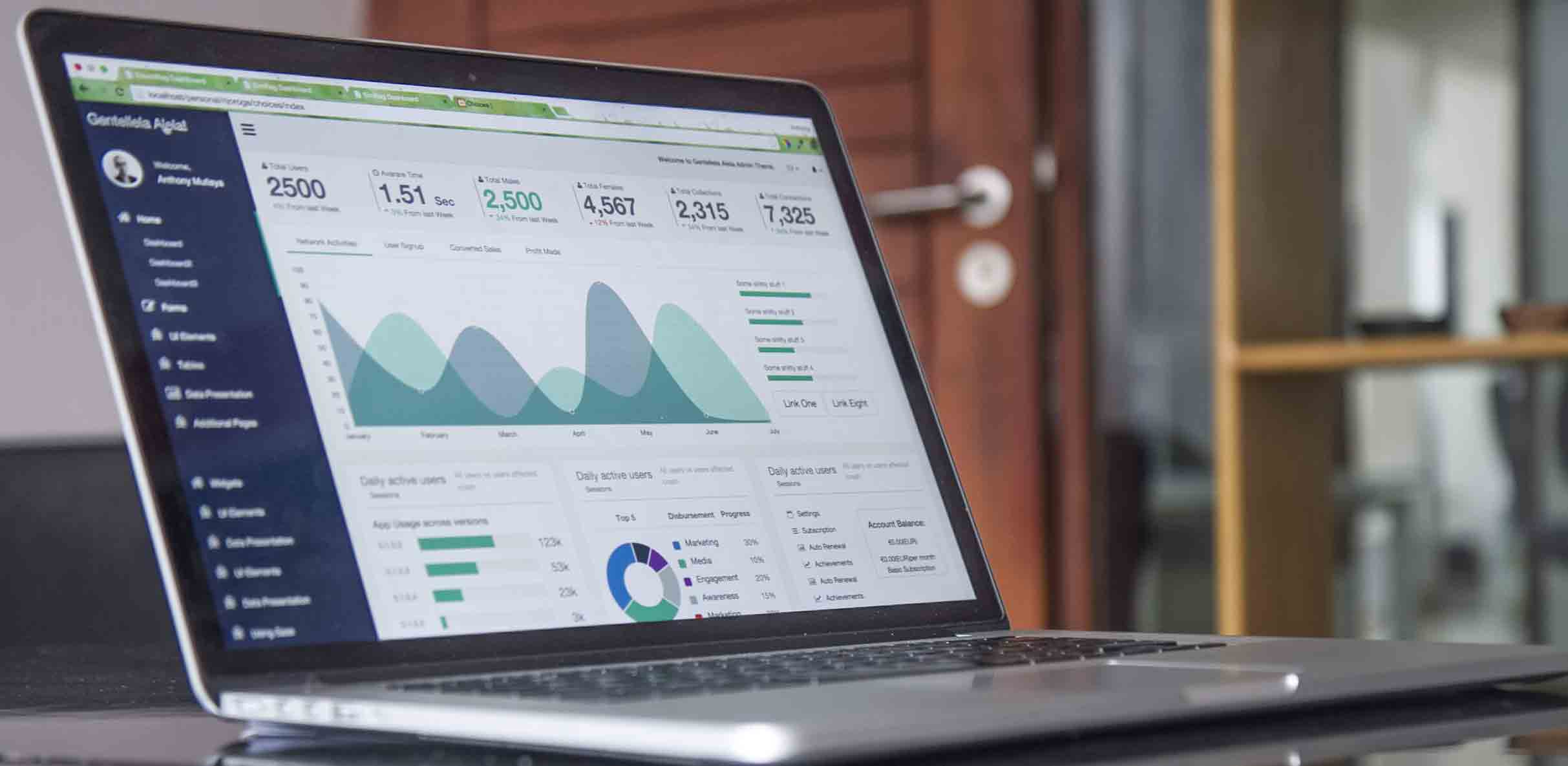Small business is far removed from cloud solutions and an IT infrastructure for digital transformation. Right? Well, kind of wrong. Many small and medium-sized businesses have already begun connecting their crucial assets to a cloud environment to optimize processes, mitigate reputation risks and reduce costs of operation.
Tech giants have initiated a palpable shift towards diversifying their clientele. Cloud platform providers like Amazon and Microsoft are not just chasing Retail, Manufacturing and Government as their primary sectors, but have also lowered the footbridges to secure the trust of local or small scale business operations that are not tech-heavy. What is more, SMBs do not have to be tech-savvy either.
Microsoft has made its message public on more than one occasion to prove the case. Its Azure IoT Central solutions could benefit absolutely all business and not just enterprise-grade ones.
The Perceived High Costs of Going Live
SMB IT managed services solutions are commonly perceived as an expensive venture, the costs of which far outweigh the benefits for the likes of startups or cornershop businesses. In reality, they are neither expensive, nor do they require much programming knowledge to set up.
For example, Azure’s IoT Central, at the time of writing, employs a pricing model based on a pay per device and support package basis, no upfront costs. Clients can even forego the support package altogether.
A connected environment like this can be set up in the time it takes to brew a cup of coffee. This is almost true. Well, maybe a few cups, but the gist is resoundingly clear.
Real-Life Scenarios
An IoT cloud platform with M2M communication capabilities comes with an intuitive dashboard that lets owners connect their vending machines, coffee makers, delivery trucks and the like to receive real-time stats and updates. What does this mean or look like in the real world?
Imagine a coffee shop where the business relies on the performance and output of the coffee machines. The number of hot beverages they sell translates directly into their bottom line. What if one of the machines were to go out of service? That would be detrimental to the business both in profits and reputation (we all know that coffee buyers can be on the edge before their first morning fix).
With a cloud-connected business asset, the business owner receives telemetry data of the coffee machine to her preferred device: from e-mail alerts to text messages in her smartphone.
Is the apparatus over-heating? Perhaps it is high time to call in the technical maintenance team. Is one of the machines shouldering more of the workload than the other? Distribute the load evenly equipped with this knowledge. How long has it been since the machine was serviced? Check the log, or schedule an automated servicing pick-up right from the control panel.
The applications are quite broad and the best thing is they are no longer hypothetical.
Azure IoT Central
Microsoft’s Azure IoT Central solution is designed to be an easy gateway for any business into automating business processes by connecting devices crucial to business operation to the internet.
The Software-as-a-Service platform solution comes with free templates that can get any business started with a top down view of their devices and their activity. This includes status alerts, anomalous behaviour warnings, notifications for planned or unscheduled maintenance, easy-to-use dashboards and comprehensive analytics–all connected via one interface.
Anyone can give the service a go by running a simulation of their Azure IoT Central-connected coffee business. The learning module makes the focal point of the IoT in Action series of conferences around the world.
Azure also allows teams to work in tandem with Dynamics 365 services via the Connected Field Service application, which can be easily setup in-app. Additional SDKs allow to work with minimal code and ready-made templates to extrapolate data to new devices.
The service is naturally developed with security, device management and reliability in mind, and Microsoft offers more than one helping hand in learning the ropes and addressing business owner questions. The push towards reinvention from Microsoft comes after several years of struggling to secure a position as a leader in the markets it dominated in the decades before.
Value Uncovered
The out-of-the-box management infrastructure counts many benefits, even if you are not running a coffee shop. The remote monitoring and management software suite helps reduce breakage, prevent bottlenecks and retain customer value.
By driving uptime as close to 100% as possible, businesses can uphold stability and sustainability. Preventive maintenance and overall predictive behaviour alleviate the pain of owners to keep their ear close to the ground and get the business work done.
The Final Thought
2019 saw Costa coffee bring the coffee machine simulation into the real world. The company is already introducing IoT connected devices globally. While only the second largest coffee brand in the world, the company is far from a small business venture. Nonetheless, the company’s transition to a digitally optimized service should serve as proof that the digital transformation of business is real.
Given the many opportunities abound and the positive shift towards appealing to SMBs on behalf of big market players, we can expect the rise of smart and connected devices in the segment. As such, sprouting companies should be encouraged to look towards putting their business on digital rails from the get go, as the playing field can ramp up to become very competitive indeed.
13 December 2019

 Pavel Kaplunou
,
Pavel Kaplunou
, 



